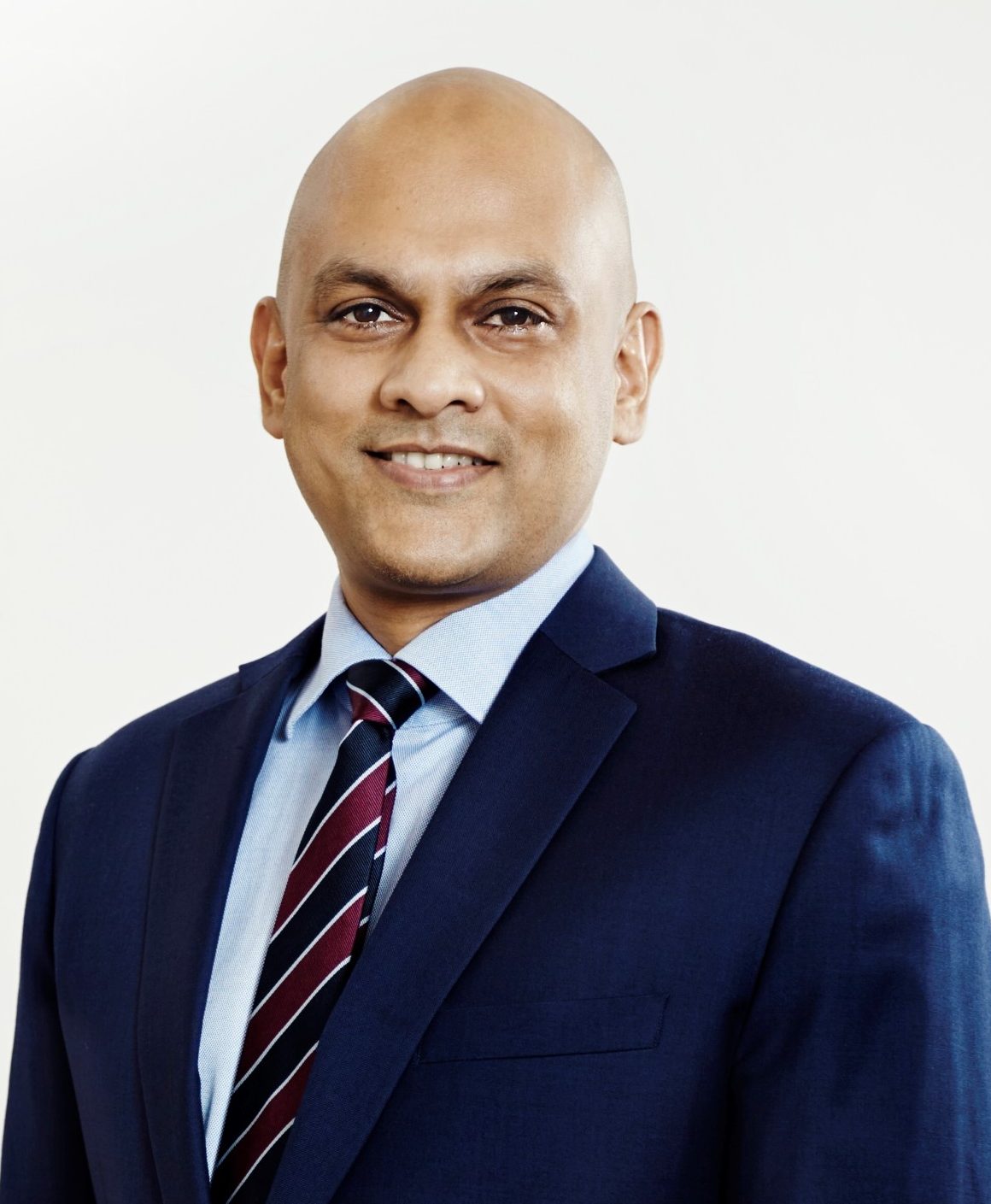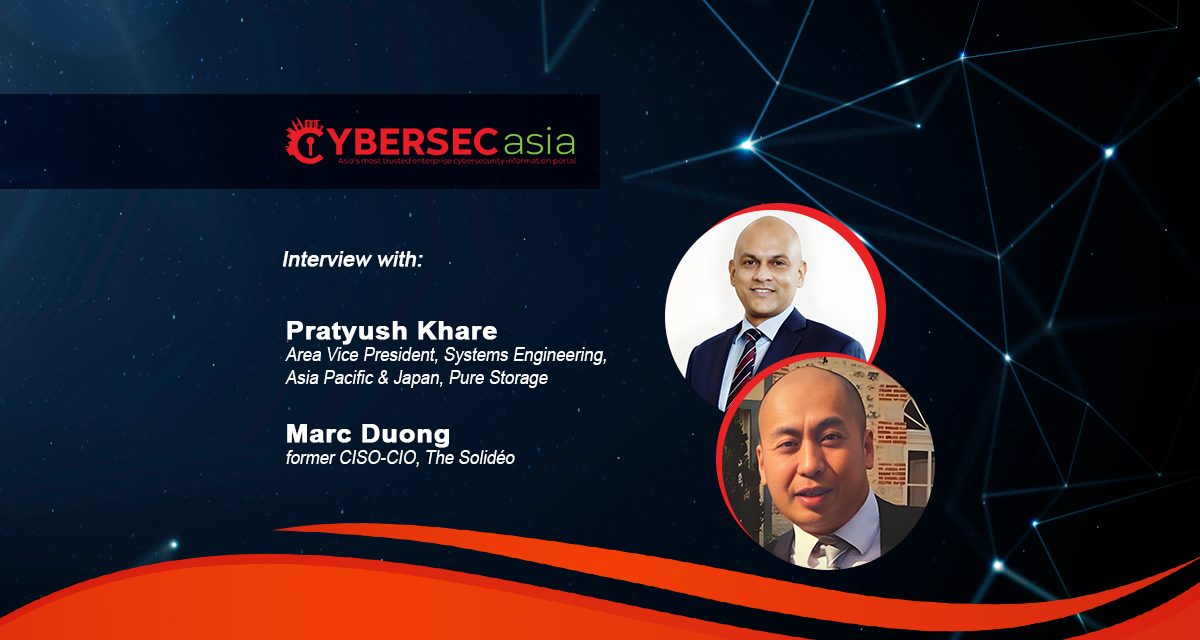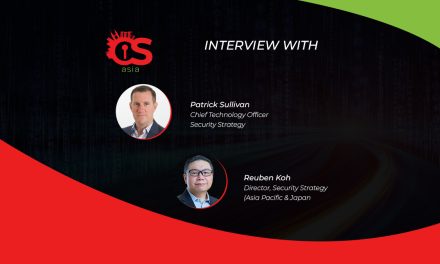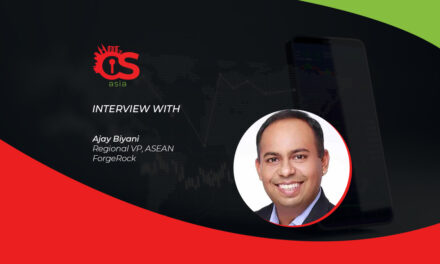News of cyber-attacks and ransomware impacting the 2024 Olympic Games could have caused nightmares for CISOs and CIOs responsible for ensuring safety, security and sustainability in Paris…
As the Paris Olympics draw to a close, many CISOs must have heaved a collective sigh of relieve.
Outgoing French Prime Minister Gabriel Attal said that 68 cyber-attacks had been foiled over the first few days of the Olympics, two of which targeted Olympic venues.
However, on the final day of the global sports event, the French national museum network’s IT system, which supports about 40 museums, was reported to be hit with a ransomware attack.
This network of museums includes the Grand Palais, which was repurposed to host fencing and taekwondo events for the 2024 Olympic Games”.
The Solidéo is one of the three government agencies created to deliver the infrastructure and operations for the Paris Games, and the IT team was given two primary responsibilities:
- To keep the construction data secure to ensure building safety and quality
- To meet the sustainability targets of the Olympic Games committee
The Solidéo worked closely with Pure Storage to address both of these challenges, ensuring that they have the best possible conditions to deliver the Olympic Games venues on time.
CybersecAsia had the opportunity to discuss cybersecurity and sustainability with Pratyush Khare, Area Vice President, Systems Engineering, Asia Pacific & Japan, Pure Storage and Marc Duong, former CISO-CIO, The Solidéo.
What were the types of cybersecurity threats that The Solidéo has to deal with when developing the infrastructure for the Paris Olympics? What is the likely impact of a breach in the internet and/or data infrastructure on the Paris Olympics?
Duong: The Solidéo had to deal with a variety of cyber-attacks that could threaten the international event, particularly ransomware. Data protection is particularly important for Solidéo as the construction data that it deals with is extremely sensitive. With the majority of the data being computer models of its construction projects, the slightest modification from a breach can jeopardize the building’s compliance with safety regulations and endanger the lives of future users.

Access to accurate and timely data is also critical for maintaining project schedules. Solidéo needs to have the best possible conditions to deliver the Olympic Games venues on time.
What has Solidéo done to secure the construction data for the 2024 Paris Olympics Games?
Duong: Faced with the increasing risk of attacks, I was looking to guarantee the protection of our data in terms of backups and against ransomware. I chose to protect them more efficiently by using storage technology rather than servers, and by taking snapshots very regularly with Pure.
With sustainability a key global concern, how are the IOC ESG targets being met in the Paris Games?
Khare: The Paris Olympics is the first to be fully aligned with Olympic Agenda 2020, the International Olympic Committee (IOC)’s strategic roadmap. As part of this roadmap, the IOC Sustainability Strategy will see all editions of the Olympic Games committing to carbon neutrality, with the Paris 2024 edition aiming for a 50% decrease in carbon footprint compared to previous editions.
In line with this goal, Solidéo’s choice to adopt Pure Storage solutions, which consume less energy compared to competitors’ all-flash systems, has enabled it to limit its carbon footprint.

How has Pure Storage supported the government agency in addressing the growing volumes of data, the need to secure these data, and meeting sustainability goals?
Khare: To address the expected 7,700x increase in data volume, Solidéo needed a simple, sustainable and secure way to manage this data. This began from the implementation stage — it took Solidéo only four days to install Pure Storage’s all-flash array, conduct testing and train users, with unparalleled simplicity that benefited Solidéo’s IT team at the time, which was a lean three-person team.
Solidéo also benefited from the superior technical quality of Pure Storage’s hardware as compared to that of other vendors’, and from the ability to upgrade its storage capacity non-disruptively through its STaaS subscription program. This gave Solidéo the scalability it needed to navigate the expected growth in data as it was able to increase storage capacity according to its storage needs. Another benefit is the simplicity of Pure’s platform, which allowed for the monitoring and management of all storage arrays through a single interface.
Solidéo was also able to secure its data with a modernized data protection strategy — through backups and combating ransomware — enabled by Pure Storage. Pure Storage’s snapshot technology also helps to prevent any compromised data from being fully eradicated in an attack, while also allowing organizations to restore and recover data at speed and at scale.
On the sustainability front, Pure Storage’s solutions reduce energy use and carbon emissions by up to 85%, compared to competitors’ all-flash systems. Pure’s products also require 96% less space compared to hybrid disk storage and deliver 1,000% more storage density by running fewer units per rack.

















